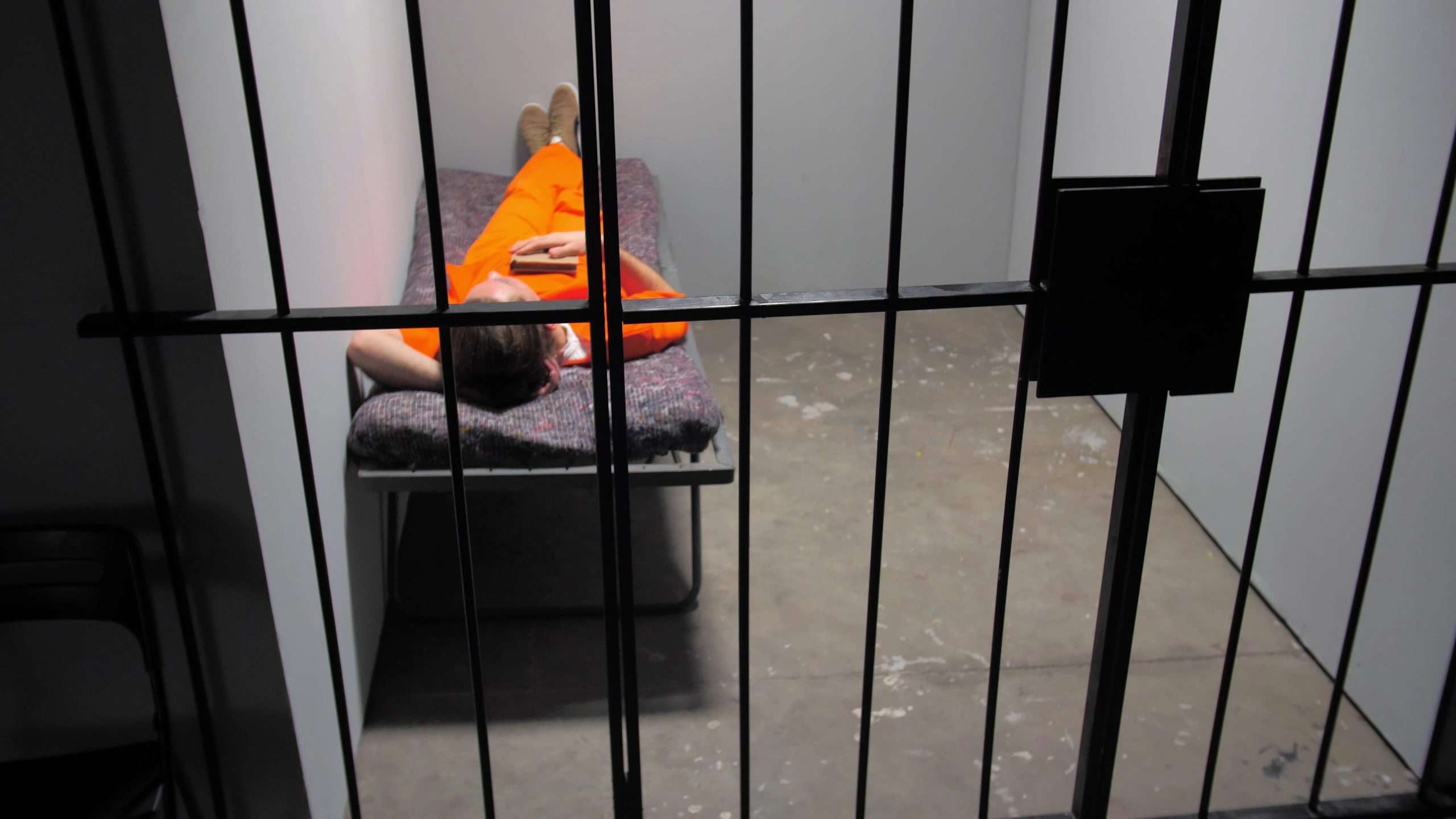The Iowa Supreme Court is facing the question once again of whether state courts can charge poor defendants for their court-appointed lawyers, even if they are acquitted or the charges are dropped.
If the court decides to review the case, State of Iowa v. Ronald Pagliai, it will be the second time in recent years that Iowa’s highest court has addressed the state’s practice of billing poor defendants for legal fees. Several civil liberties groups—Fines and Fees Justice Center (FFJC), the American Civil Liberties Union (ACLU) of Iowa, and Public Justice—submitted an amicus brief earlier this month, arguing that the state’s fee system is unconstitutional and violates the presumption of innocence by imposing penalties on nonconvicted defendants.
“Courts cannot ensure a fair justice system if they are financing it on the backs of the most vulnerable individuals who appear before them,” stated Lisa Foster, co-executive director of the FFJC, in a press release. “Continuing this injustice by enforcing it even when the case is dismissed sends a clear message that prioritizes profit over people.”
While most people are familiar with the right to an attorney as part of their Miranda rights, they may not realize that a constitutionally guaranteed lawyer is not always free.
According to a 2022 report by the National Legal Aid and Defender Association (NLADA), 42 states and the District of Columbia permit courts to impose fees for public defender services. However, Iowa stands out for the high fees it charges and for billing defendants whose charges are dismissed.
In February, The Marshall Project, a nonprofit news organization focused on the criminal justice system, reported on how Iowa’s court system burdened indigent defendants with debts for their court-appointed attorneys, even in cases where they were acquitted.
In 2015, Lori Mathes, featured prominently in The Marshall Project’s story, faced a felony drug charge after a small amount of marijuana was found in her home. Unable to afford a lawyer, she was provided with court-appointed representation. Two years later, prosecutors dismissed her case in exchange for her agreement to pay court fines and fees. Mathes was surprised to receive a $3,000 bill for Indigent Defense Fee Recoupment (IDFR) costs.
Mathes appealed her charges to the Iowa Supreme Court, which in 2020 issued a split 3-3 decision, upholding the lower court’s ruling on her charges.
In State of Iowa v. Ronald Pagliai, Pagliai was charged $489 in IDFR costs for alleged shoplifting offenses, even though the charges were dropped.
The Marshall Project’s analysis of Iowa court data revealed that from 2012 to 2022, the state billed a total of $30 million to indigent defendants who were acquitted or had their charges dismissed.
Iowa does not mandate courts to consider defendants’ ability to pay IDFR costs, which they are unlikely to afford by definition. Consequently, the system not only burdens poor defendants with debts but also has a low collection rate on those debts. The NLADA report noted that “in recent years, no more than 3.2 percent of assessed cost of counsel fees have been collected annually.”
Despite criticism, there are supporters of the system.
“I believe the purpose is simply to hold them somewhat accountable,” stated Iowa state Rep. Brian Lohse, a Republican who chairs the Justice System Appropriations Subcommittee, to The Marshall Project. “So they don’t view it as a free pass.”
The Sixth Amendment guarantees criminal defendants the right to counsel as established in the landmark 1963 Supreme Court case Gideon v. Wainwright. This right is as essential as the First Amendment right to criticize the government without fear of reprisal.
However, public defender systems nationwide are underfunded and overburdened, often lacking the resources to provide competent representation to their clients.
Rita Bettis Austen, legal director of the ACLU of Iowa, expressed in a press release that it is “fundamentally unjust to charge anyone exercising their constitutional right to free counsel.”
“By definition, these cases involve individuals the state has already determined to be indigent and unable to afford their own attorney,” Austen added. “Charging individuals for these costs when the charges are ultimately dropped is even more egregious. Everyone is innocent until proven guilty under the law.”
The Iowa Supreme Court will determine whether to retain the case or refer it to a lower appeals court.





